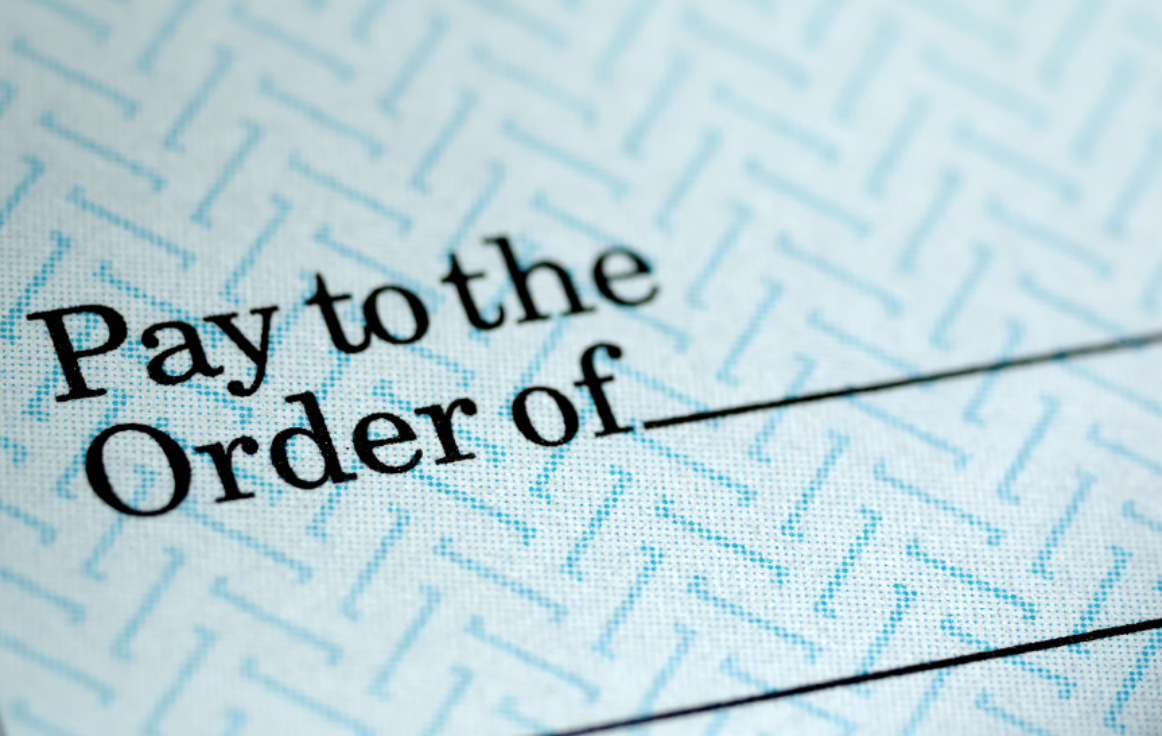Blog

September 27, 2019
Guidance Issued Relating to Uncashed Checks
An IRS ruling in August 2019 (Rev. Rul. 2019-19) addresses when a check from a qualified retirement plan is mailed to a former employee, the amount is considered taxable income in that year, whether or not the employee cashes the check.
This issue primarily comes into play when a distribution is made for $1000 or less and the same may be true for a required minimum distribution, or if the participant requested the check but didn’t cash it.
Most employers do not want to be responsible for former employees’ money. The employer can choose to force out former employees if they do not respond to requests to rollover their money. Most plan documents dictate, if you have $1000 or less in the plan, the employer or custodian can mail the former employee a check.
Please note … this isn’t new. For funds over $1000, but less than $5000, the employee is asked what they want to do with the money. If they do not respond, the money can be placed into an Individual Retirement Account (IRA) in their name. If the funds are over $5000, they cannot force out the former employee and they must agree to the distribution.
According to this new ruling, the distribution is taxable to the participant and must be included in the participant’s gross income in the year received.
The participant cannot escape this tax liability by not cashing the check, for whatever reason, even if the check is cashed in a later calendar year.
The fact that the participant did not cash the check does not change the employer’s withholding requirements. The employer must withhold and be liable for depositing the applicable withholding tax, or for directing the third-party payor to withhold the tax.
The employer, or whomever the payor, is required to report the distribution. Then they must report to the IRS the federal income tax withheld on a Form 1099-R and based in the year paid. This obligation is unchanged by the fact that the distribution check was not cashed in the year is was paid.
Summary and Conclusions
The ruling does not address the issue that arises when distribution checks from the 401(k) or other tax-qualified plan remain uncashed.
For example, the ruling seems to draw a distinction between a participant who simply refuses to cash a check, versus a participant who is truly missing a check, and does not receive the distribution check. The facts on which this ruling is based, make it clear that the participant could have cashed the check but chose not to do so. However, it does not appear that the ruling would also apply in the case of a participant who never actually received the distribution check because of an incorrect address.
If a check is returned to the plan uncashed, the employer or whomever the employer has hired to take care of the tax reporting, may still have an obligation to reverse the reporting and withholding on the distribution. What sometimes happens is a check is neither cashed nor returned. If the check is mailed to a presumably correct address, it appears that the employer may assume the check was received but not cashed.
Both the DOL and the IRS have indicated that additional guidance relating to missing participants and uncashed checks is forthcoming. Meanwhile, Benefit Equity, Inc. (BEI) can provide guidance on the best practices for finding missing participants. Finding missing participants is an important employer fiduciary obligation. If you have ex-employees that you can’t locate, just contact our experienced representatives.
Your plan representative at BEI is always available to answer any questions you have. Please contact us at 800-899-9141 or email us at planservices@benefitequity.com.
Author: Robert Gorelick, APA, Founder Benefit Equity Inc.
Recent Posts
The New Year Is Here—And There’s No Time to Lose on Your Year-End Retirement Plan Check-Up
Year-End Festivities Are Here, But BEI Helps You Secure Your Team’s Future Year-Round
Team Spotlight: Highlighting BEI Team Member Peter Manning
Who Is Actually Responsible for Annual Retirement Plan Participant Notices?
Why Wealth Advisors Trust BEI—Even When Things Don’t Go As Planned